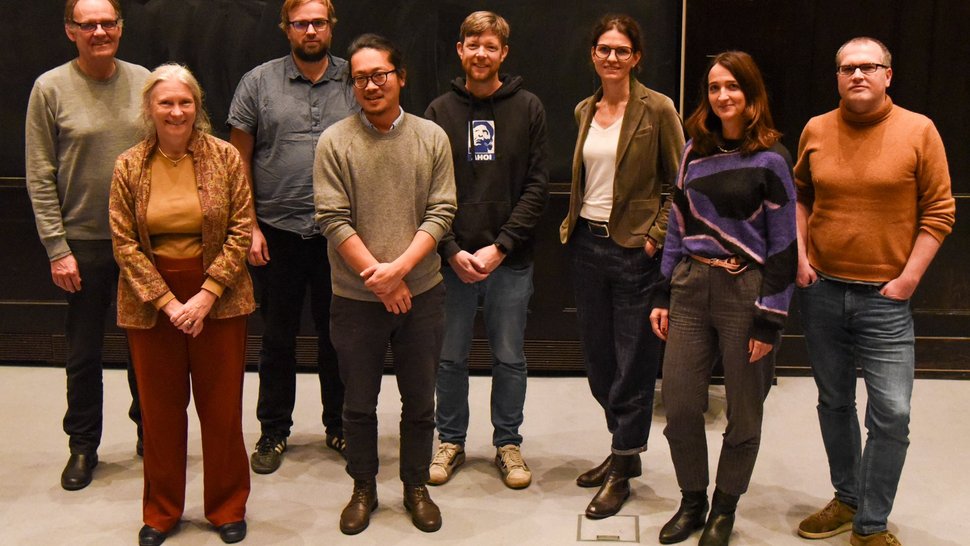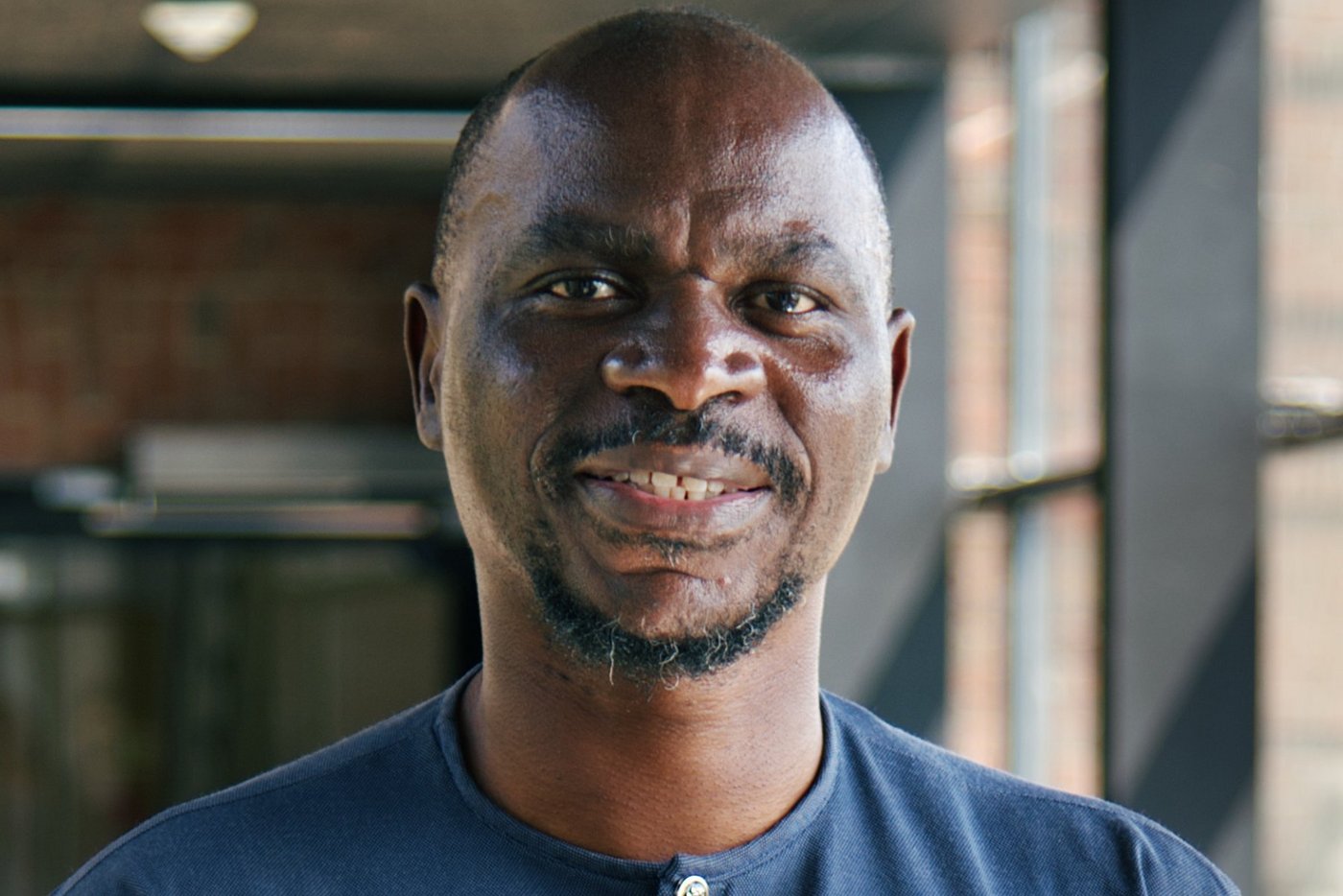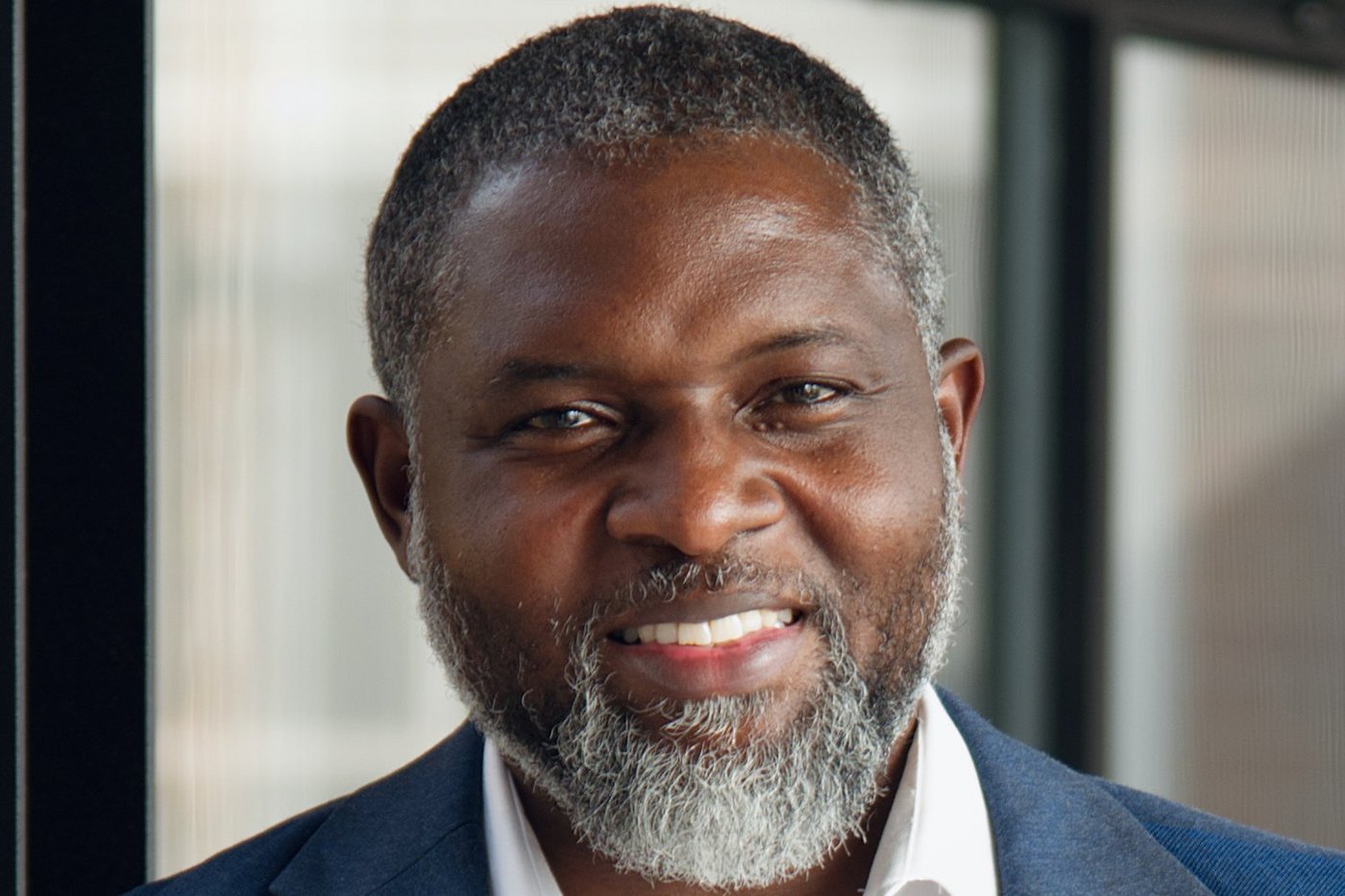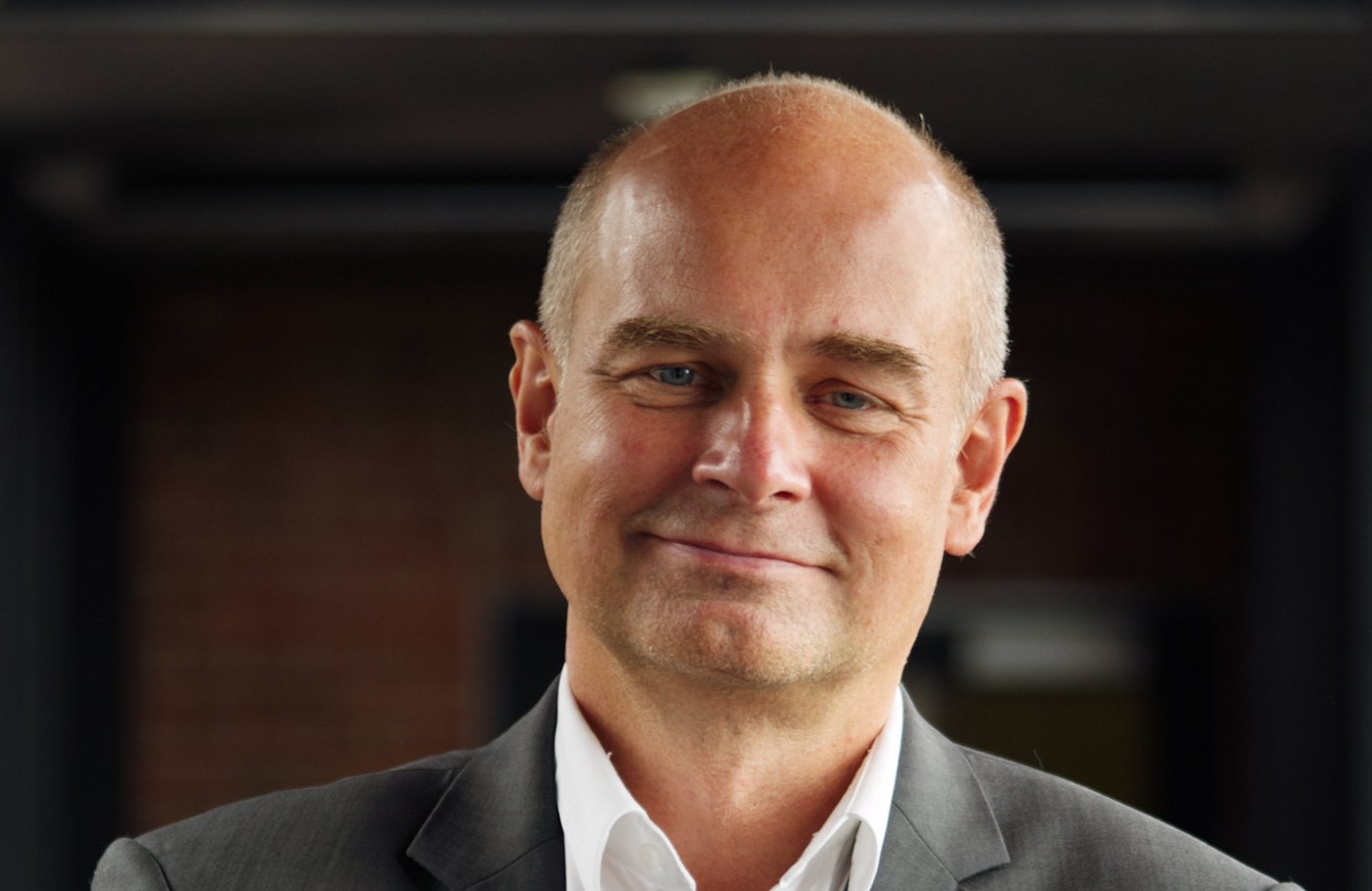From knowledge to action
The Implementation Section is investigating how infectious diseases can be successfully combated.
Since 2020, the Bernhard Nocht Institute for Tropical Medicine (BNITM) has been doing research not only infectious pathogens, vectors and diseases, but also on how they can be successfully combated in the affected regions. Over the past three and a half years, the Institute has established a large research section for this purpose: the "Implementation" section. It has now grown to nine working groups and more than 100 staff.



In order to answer these questions, the BNITM has established the interdisciplinary research focus "Implementation". In cooperation with national and international partners, the new research focus in Hamburg aims to make a significant contribution to effectively combating and reducing poverty-related infectious diseases in countries with limited resources. Together with the UKE, the BNITM has succeeded for the first time in appointing two scientists from Africa to professorships: Prof Ghyslain Mombo-Ngoma from the Centre de Recherches Médicales de Lambaréné (CERMEL) in Gabon and Prof John Amuasi from the Kumasi Centre for Collaborative Research in Tropical Medicine (KCCR) in Ghana. Another milestone is the appointment of health communication researcher Prof. Cornelia Betsch as part of the Leibniz Association's female professorship programme. She is a professor at the University of Erfurt and has made a name for herself, and not just during the coronavirus pandemic.
The federal and state governments and the Free and Hanseatic City of Hamburg have funded the establishment of the section with a total of more than eight million euros since 2020. The funds are now being permanently transferred to the institute's core budget.
The Chairman of the Board of the BNITM, Prof Jürgen May:
"The Implementation Section is a real enrichment for our institute. The new colleagues have brought a new perspective to our field of research: new approaches and ideas, different concepts, different procedures and study designs, in short: a completely new research culture. This helps us to translate research results even faster, i.e. to put them into practice. In this way, we can make an even better contribution to effectively combating and permanently controlling outbreaks of highly dangerous pathogens, emerging infections and neglected and poverty-related diseases in the Global South."

The Implementation section is currently made up of the following working groups:
- RG Health Communication (Prof. Cornelia Betsch)
- RG Health Economics (Dr Jan Priebe)
- RG Zoonoses Control (Elisabeth Fichet-Calvet, Ph.D.)
- RG Vector control (Dr Renke Lühken)
- RG Medical Anthropology (Dr Sung-Joon Park)
- RG Global One Health (Prof. John Amuasi)
- RG One-Health-Bakteriology (Dr Denise Dekker)
- RG Snakebite Envenoming (Dr Jörg Blessmann und Dr Benno Kreuels)
- RG Drug Implementation (Prof. Ghyslain Mombo-Ngoma)
The Scientific Advisory Board of the BNITM had already praised the outstanding development of the Implementation section in its audit in November 2022. In particular, the members of the advisory board emphasised the already high number of publications.
For the future, the BNITM is planning to link its sections even more closely together. Interdisciplinary clusters are currently being established, for example for One Health and Malaria. In this way, the institute intends to work even more effectively for global health.
Highly effective drugs, vaccinations and other control measures are available for many infectious diseases worldwide. Nonetheless, often we do not succeed in eliminating or at least controlling them. What are the reasons for this? How should healthcare systems change, what can politicians and medical staff do differently? What role do culture, climate, economic aspects, communication and much more play?
About the Bernhard Nocht Institute for Tropical Medicine (BNITM)
The Bernhard Nocht Institute for Tropical Medicine (BNITM) is Germany's largest institution for research, care and teaching in the field of tropical and emerging infectious diseases. BNITM research has always focussed on global health / One Health and on translation - the transfer of basic research into application. This research approach is also reflected in the five sections of the institute: Pathogen (pathogen) -> Interface (immunology, host/pathogen) -> Patient (clinic) -> Population (epidemiology) -> Implementation (successful establishment of knowledge).
Current thematic priorities are malaria, haemorrhagic fever viruses, neglected tropical diseases (NTDs), immunology, epidemiology and the clinic of tropical infections as well as the mechanisms of virus transmission by mosquitoes. For the handling of highly pathogenic viruses and infected insects, the institute has laboratories of the highest biological safety level (BSL4) and a safety insectarium (BSL3). The BNITM's mobile laboratories are available for global outbreak control of highly pathogenic or highly infectious viruses.
The BNITM is the National Reference Centre for the detection of all tropical infectious agents and WHO Collaborating Centre for Arboviruses and Haemorrhagic Fever Viruses and is a member of the Leibniz Association.
Together with the Ghanaian Ministry of Health and the University of Kumasi, the BNITM operates a modern research and training centre in the West African rainforest, which is also available to external working groups. The institute also maintains numerous other collaborations in other African countries such as Gabon, Nigeria, Tanzania and Madagascar.
Contact person
Prof. Dr Jürgen May (Chair)
Board of Directors
Phone : +49 40 285380-261
Email : chair@bnitm.de
Julia Rauner
Public Relations
Phone : +49 40 285380-264
Email : presse@bnitm.de






